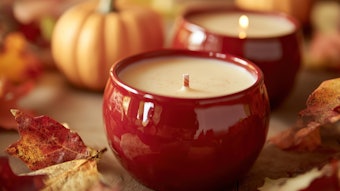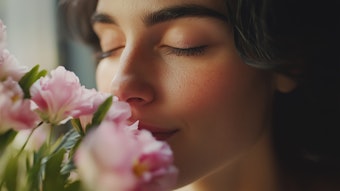We know that when auditory (sounds), visual (Iight) or tactual (touch) stimuli are presented to sleeping individuals they awaken to them. Scientists have provided information on the latter topic for many years, and it is well established that people, to a degree, are responsive to these types of stimuli while sleeping. In contrast, we know much less concerning the sense of smell in sleep. Until the series of studies (described below) were conducted only anecdotal accounts but not scientific reports were available concerning olfaction in sleep. We proposed that knowing more about tbe sense of smell in sleep maybe beneficial in terms of safety and in terms of health.
Since there were no data available regarding whether the sense of smell was responsive in sleep, the first series of studies that were proposed focused on this topic. We asked a simple question, “Can individuals sense (detect) odors or fragrances that are presented to them in sleep’?” Given that the answer is “yes,” thus indicating that the sense of smell functions in deep, we also proposed a second series of studies, contingent on the outcome of the first series, assessing the effects that different fragrances might have on the quality of sleep. The question here was whether fragrances judged to be alerting in the waking state and then presented while sleeping would disrupt sleep. And, whether fragrances judged to be relaxing in the waking state and then presented while sleeping would enhance sleep.










